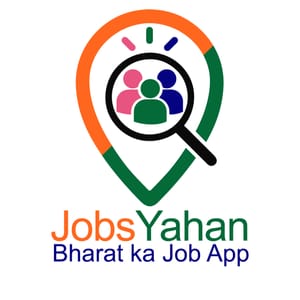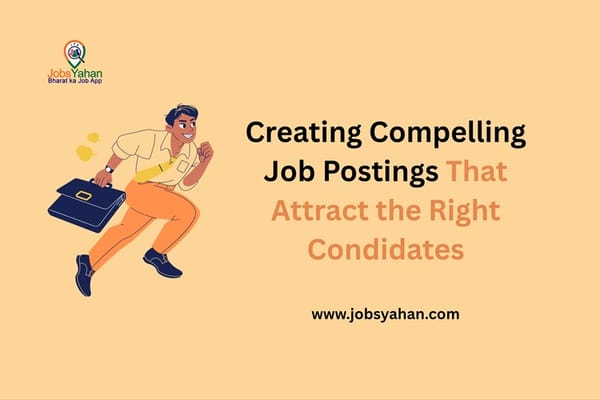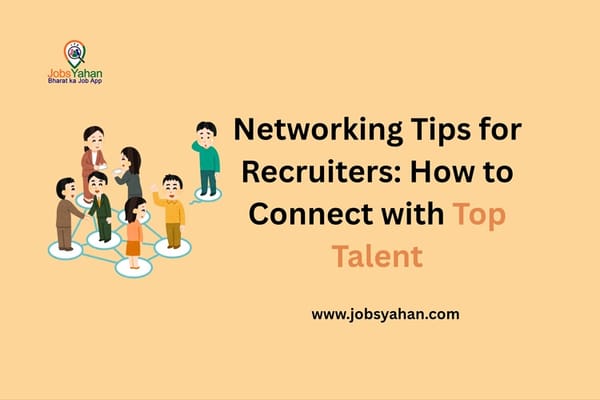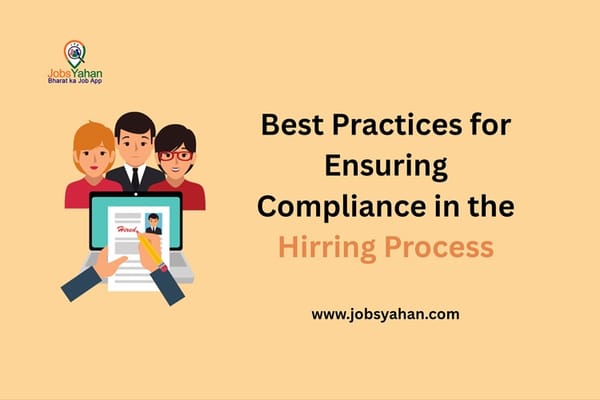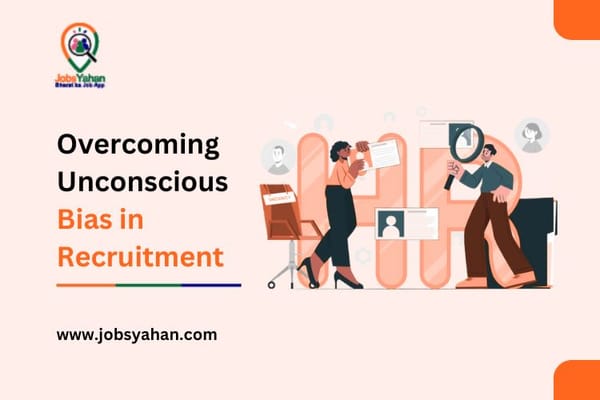A good interview could, of course, be made even better with highly insightful questions. Such ones suggest that besides general knowledge about the company and the position, the candidate is also inclined to inquire into the compatibility of their personality, their values, and their problem-solving abilities.
By engaging in this exchange of worthwhile questions, job candidates can gain important insight into the corporate culture, expectations about teamwork, and clarity on specific job requirements. Permitting them to check any of the aforementioned against their life ambitions and personal beliefs.
Questions that make an impression enrich the whole interview experience with an air of success and fun, for they tell the interviewers that the candidate is not only interested in the job and the company but also in exploring the interaction of their emotional landscape, value systems, and problem-solving capabilities. Such questions allow the candidate to discover company-relevant insights into areas of the culture, interpersonal dynamics at the organization, and expectations for the position. In other words, the basis on which they weigh how much these factors count toward their career and personal value systems.
Candidates impress the interviewers with their inquiries into the position's duties, an implicit recognition of the candidates' genuine engagement and interest in the opportunities offered. Thus, it glues the memories. The impressions start fueling the vibrancy of such engagements, creating a special bond between the interviewers and the interviewees-where questions would further test critical appraisal and analysis from the candidates-that is, beyond surface information into substantive discourse.
These questions enable candidates to discover intelligent signs regarding the organization to make better choices about their employment in the future. Questions about work-life balance and professional development policies openly adjudge organizational attitudes and priorities.
Helpful questions are just as great for assessors: they will aid in deciding if the candidate is a good fit for the role and organization. Everything depends on a candidate's in-depth answer in consideration of strengths, weaknesses, and capacity to further develop. Asking a candidate about the handling of a difficult project gives insight into the person's problem-solving style, resilience, and pressure management.
Deeper questions also provide evidence of preparation and research on the side of the candidate. A candidate with well-founded questions for the interview presents an impressive thought for the interviewers and conveys the idea that they want the opportunity. This preparation indicates a strong likelihood of commitment by that candidate if hired.
Furthermore, they're going to allow the candidates to relate their experiences and skills to the subject. After asking how the company handles a specific issue, the candidate can make an association between that issue and a similar experience of his or her own. This brightens the candidate's profile, and the interview suddenly becomes a rather relaxed social conversation.
From the interviewer's standpoint, insightful questions offered the opportunity to view the candidate through various lenses. Interviewers examine how candidates think on their feet, possibly situating the processes of problem-solving amid an open exploration of the challenges besetting the role. This generosity allows for a more decisive perception of actual fit and growth.
Moreover, it can quite often happen that when the correct questions are asked, the unspoken potential is discovered within the organization and its employees outside the straightforward job description. For example, someone asking about interdepartmental collaboration or about up-and-coming projects can reveal to the candidate just the areas where his/her skills might particularly be of use and on the very important level of career advancement and professional development. Such questions show a candidate who thinks beyond the moment of taking up the position and considers aspects of where he/she might be going in the company.
Furthermore, through a well-implemented inquiry, candidates can discover specific challenges and goals of the organization and may use such information to market themselves as problem-solvers who can add value to the organization. For instance, aside from asking about the strategic priorities of the company, the candidate might ask other questions to position themselves better, to provide responses that show how relevant their skills and experiences are to any such goals.
Such questions, therefore, have a clear implication for the candidate as they do for the interviewer; they give an overall scope within which the two can engage in a very easy, and yet, highly profound conversation. They help to reveal some critical facts; they showcase the candidate's analytical and problem-solving potential to the interviewer; they cause the interview to be much more interesting and interactive. Ultimately, these types of questions will result in optimal hiring decisions, successful placements, and shared growth and positive outcomes for both the candidate and the organization.
JobsYahan is an intuitive web and mobile-based platform designed to streamline the employment process for India's workforce. Tailored specifically for skilled, semi-skilled, and unskilled workers, it offers a vernacular and location-based approach to job searching and recruitment.


